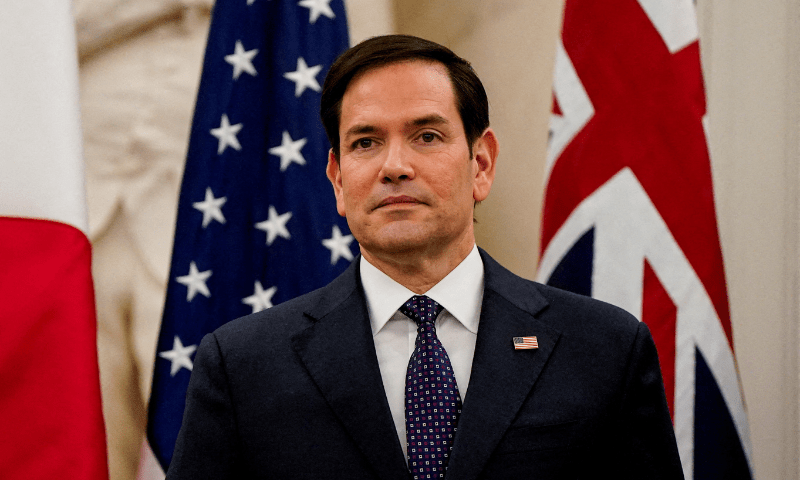The United States has adopted a tougher stance on the Taliban under the leadership of Marco Rubio, the newly appointed Secretary of State. Rubio recently revealed that the Taliban are holding more American citizens hostage than previously disclosed. He has proposed decisive action, including placing substantial bounties on the group’s leaders, possibly exceeding the reward once set for Osama bin Laden.
On Saturday, January 25, Rubio posted on the social media platform X, shedding light on reports that suggest an increase in the number of American citizens in Taliban custody. This revelation has drawn attention to the U.S. government’s approach to handling the Taliban.
The Taliban released two American prisoners, Ryan Corbett and William McEntee, in early January during the final days of Joe Biden’s presidency. In exchange, the United States freed Khan Mohammad, a Taliban member, following what the Taliban described as “lengthy and constructive negotiations.”
While the State Department had earlier confirmed the detention of three Americans—George Golzman, Mahmoud Habibi, and Ryan Corbett—the Taliban only acknowledged holding two. They denied detaining Habibi, an Afghan-American and former head of Afghanistan’s Civil Aviation Authority, despite claims by his family and U.S. officials.
Habibi was arrested on August 10, 2022, along with 29 employees of ARX Communication, a day after al-Qaeda leader Ayman al-Zawahiri was assassinated in Kabul. The Taliban accused ARX Communication of involvement in the operation targeting al-Zawahiri.
The fate of other detained Americans remains unclear, as Rubio has yet to disclose the exact number of those in Taliban custody.
The U.S. has previously placed significant bounties on Taliban leaders. Sirajuddin Haqqani, the Taliban’s Minister of Interior, had a $5 million reward on his head, which was later doubled after the group took control of Kabul. Comparatively, Osama bin Laden carried a $27 million bounty before his death in 2011.
Rubio’s appointment marks a shift in U.S. foreign policy toward Afghanistan. He has been a long-standing critic of the Taliban, opposing negotiations and deals with the group for over a decade. In 2014, he condemned the exchange of one American prisoner for five Taliban detainees. His criticism peaked after the Taliban seized Kabul in August 2021, prompting him to call for tougher measures.
Since assuming office, Rubio has halted U.S. foreign aid to Afghanistan, ensuring that no funds reach Taliban-controlled territories. His decision to suspend aid will extend for at least three more months unless strict guarantees are provided to prevent humanitarian aid from benefiting the Taliban.
The U.S. government’s tightened stance reflects growing concerns over the Taliban’s actions and a renewed effort to protect American interests abroad. Under Rubio’s leadership, the U.S. is poised to adopt more assertive policies in dealing with the Taliban.


